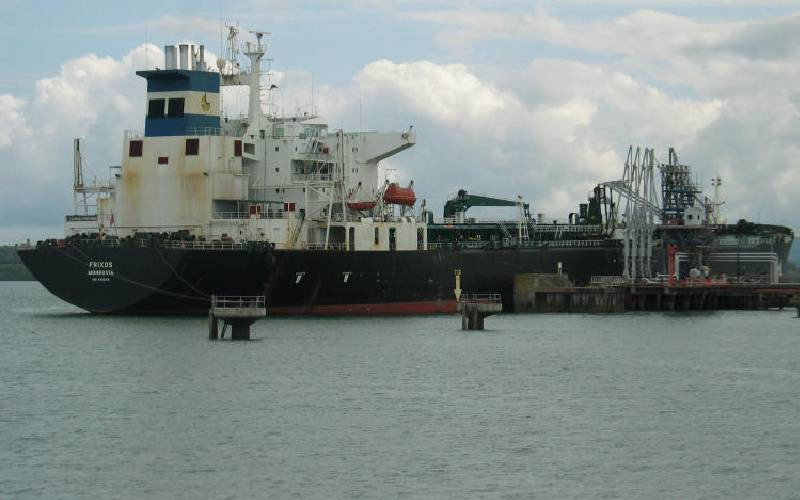×
The Standard e-Paper
Join Thousands Daily

The amount of money that Kenya spent in importing petroleum products nearly doubled last year owing to high price of oil in the international markets as well as the weakening of the shilling.
The sector was also characterised by weak demand for fuel, with the high prices at the pump resulting in many Kenyans cutting back on consumption of different petroleum products including cooking gas.